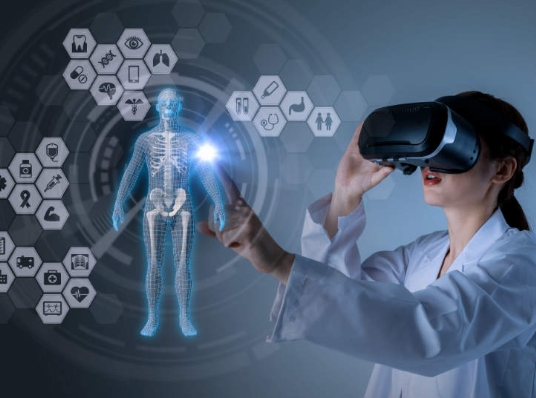Virtual Reality (VR) is changing medicine in profound ways
Virtual Reality (VR) technology holds immense potential for transforming the way medical treatment is delivered and experienced. By creating immersive and interactive virtual environments, VR is revolutionizing patient care and medical training.
Enhancing pain management
One of the key benefits of using VR in medical treatment is its ability to alleviate pain and discomfort. By immersing patients in virtual worlds and distracting them from the sensations of their physical surroundings, VR can help reduce the need for pain medication and improve patient comfort levels.
Improving mental health treatment
VR has also proven to be a powerful tool for treating mental health disorders such as phobias, PTSD, and anxiety. Therapists can use VR technology to create controlled environments that help patients confront their fears and anxieties in a safe and controlled manner, leading to more effective treatment outcomes.
Enhancing surgical training
Medical students and healthcare professionals can benefit greatly from VR technology by using it to practice and hone their surgical skills. By simulating realistic surgical scenarios, VR can help trainees develop their skills and confidence in a safe and controlled environment, ultimately leading to better patient outcomes.
Increasing accessibility to healthcare
One of the most significant advantages of VR in medical treatment is its ability to increase access to healthcare services. Patients who may live in remote areas or have mobility restrictions can now receive virtual consultations and treatments from the comfort of their own homes, reducing the need for unnecessary travel and expenses.
Future implications
As VR technology continues to advance, its potential for revolutionizing medical treatment and patient care is limitless. From enhancing pain management and mental health treatment to improving surgical training and increasing accessibility to healthcare services, VR is truly changing the face of medicine as we know it. It is clear that the future of medicine lies in the transformative power of virtual reality.

